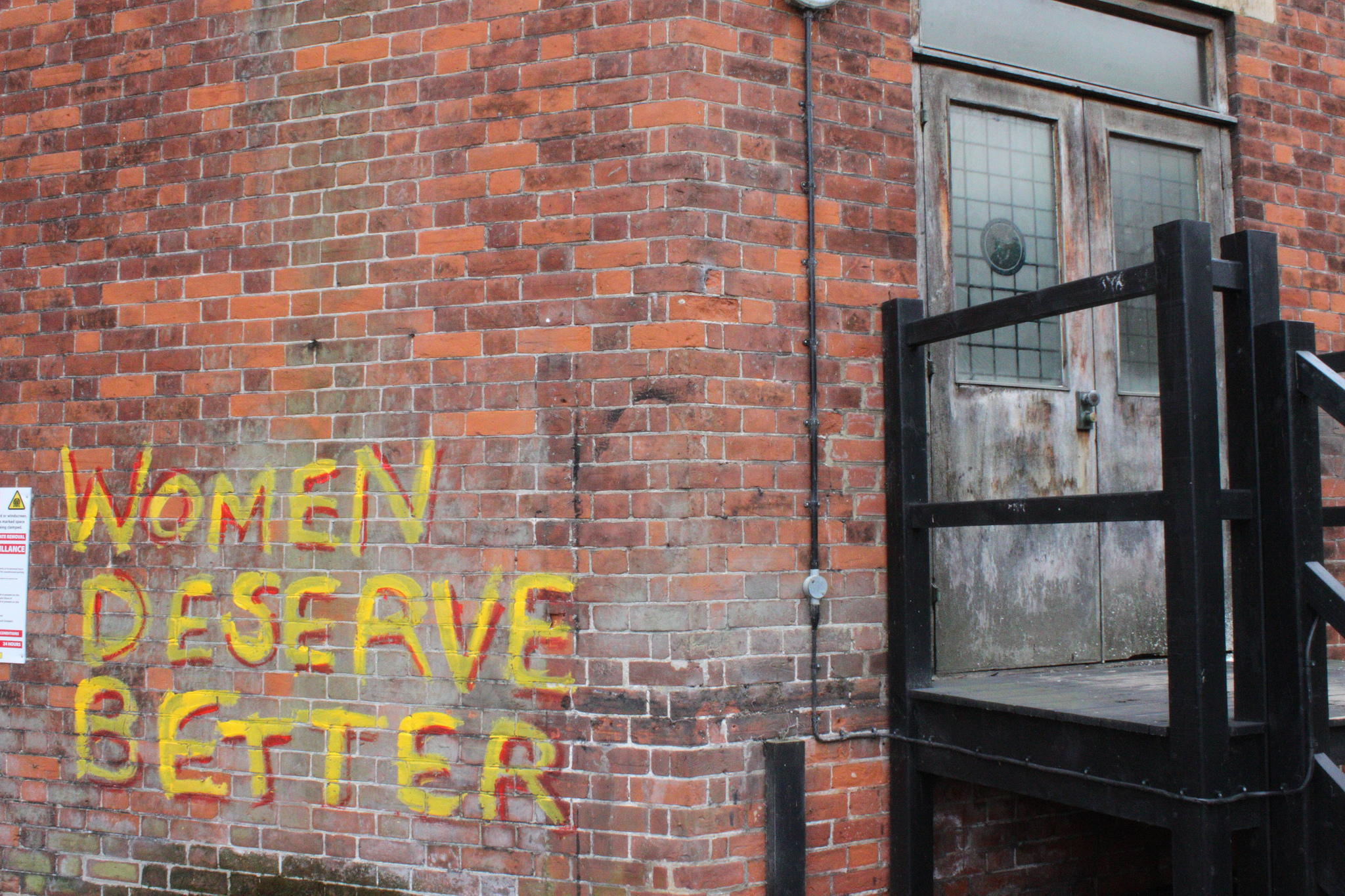Can we all please be so cautious how we talk about Jian and what’s going down with the CBC right now? As a survivor of sexual assault and an advocate for people who have been assaulted, I’m already shaking at how I feel this, and the discourse around it, is going to play out.
With statistics like one in five women being sexually assaulted over their lifetime, the chances are that we have survivors — or people who may be victimized in the future — watching how we talk about victims of sexual assault.
Things are still unclear at this point: Jian claims he’s innocent and three more women’s stories have come forward in a story by the Toronto Star. We’re not likely to get a well-represented picture of any or all of the things Ghomeshi is facing allegations of doing — especially with his PR-spun statement being the first out of the gate.
This isn’t to believe or disbelieve one party over the other or to insinuate anyone’s guilt or innocence. We know false allegations are rare, but do happen.
What is clear, though is that we live in a society that isn’t safe for women and where the discourse around sexual assault can be damaging and traumatizing for survivors. We all have a responsibility to make sure that we talk about sexual assault and allegations of sexual assault with care. This context exists whether someone’s guilty or not.
As with any public or private allegations of sexual assault, it’s important to remember these things when talking about Jian Ghomeshi in the coming weeks:
1. Statistically, false sexual assault claims are extremely rare.
2. We aren’t the judge and jury and it’s not our job to decide who is right and who is wrong.
3. Many survivors are disbelieved, blamed for their actions and otherwise dissuaded bluntly or subtly into not reporting or feeling guilty. Especially in a high-profile case like this one, people don’t want to believe that people they know or admire could do such a thing. Survivors could really use people being on their team and believing them. Also, when you publicly blame or disbelieve survivors, other survivors you know are probably listening. So, speak carefully. Recognize what you might be implying.
4. It’s also not unusual that someone would want to retract allegations after realizing how they are likely to be treated in the media, by peers, by the law, and by strangers even. We all see how these cases go down and it’s not desirable for anyone.
5. Let’s look at who has the power and platform to have their story heard and believed and then watch how they use it.
6. Don’t be dismissive of people’s experiences or invalidate them. Behavioural patterns are real and women learn how to identify people who are dangerous to us — usually not before we silence that voice a few times.
Jodie Layne is a Sexual Health Educator and freelance Writer. Follow her on twitter @jodielayne
This piece was originally publish on The Huffington Post and is reprinted with permision.
Photo: flickr/Devon Buchanan



